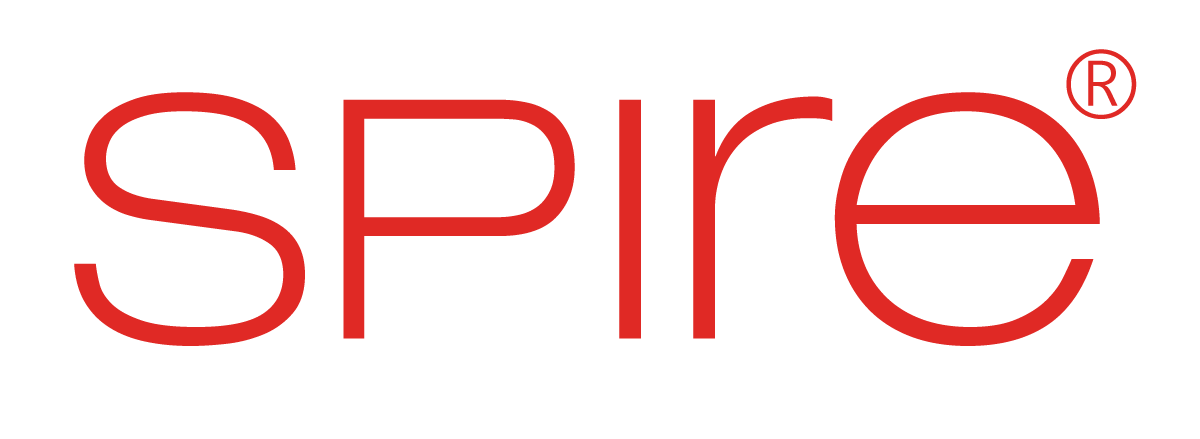Candidate Engagement
What is Candidate Engagement?
Candidate engagement is the process of building and maintaining a professional relationship with job seekers. It involves all communications and interactions between employers and candidates during the recruitment process. This includes personalized messaging, timely updates, and providing a positive experience at every stage. Candidate engagement ensures candidates feel valued and informed, increasing their connection with the employer. It is a strategic approach to improving how candidates perceive the organization.
Candidate engagement is measured by how effectively recruiters communicate with candidates and manage their journey through the hiring process. Each interaction, from initial contact to onboarding, contributes to the overall engagement strategy.
Benefits of Candidate Engagement for Employers
- Improved Candidate Experience and Retention: Engaged candidates feel respected, are more likely to stay, and perform better post-hire.
- Attracting Talent and Stronger Employer Branding: A well-structured engagement strategy enhances your reputation and attracts top talent.
- Faster Time to Hire and Optimized Application Process: Clear, timely communication and simplified applications accelerate the hiring process.
- Personalized Communication and Higher Interview Conversion Rates: Tailored messages engage candidates, leading to higher attendance and offer acceptance.
- Feedback and Surveys: Gathering candidate feedback helps refine recruitment strategies and improve engagement.
- Leveraging Technology and Networking Opportunities: Automation tools streamline engagement and help maintain long-term relationships with potential hires.
Effective candidate engagement is not just about filling positions—it is about building relationships that align with long-term business goals.
Candidate Experience vs. Candidate Engagement
Candidate Engagement refers to how employers interact with candidates throughout the recruitment process. It focuses on the employer’s actions and strategies to communicate, provide updates, and maintain interest.
Candidate Experience, on the other hand, measures how candidates perceive these interactions. It reflects their feelings about the hiring process, including assessments, interviews, and onboarding.
|
Aspect |
Candidate Engagement |
Candidate Experience |
|
Focus |
Employer’s actions and communication |
Candidate’s perception and reaction |
|
Control |
Fully within the employer’s control |
Influenced by engagement efforts |
|
Impact |
Improves recruitment efficiency and speed |
Strengthens employer brand and talent attraction |
|
Outcome |
Reduces drop-offs, increases hiring success |
Positive impressions lead to better offer acceptance |
Candidate engagement is a proactive strategy to shape positive candidate experiences. Both are interconnected, but engagement lays the foundation for a strong experience.
Candidate Engagement Best Practices
- Create a Candidate Engagement Plan: Define goals, timelines, and methods while aligning with company culture.
- Prioritize Applicant Reviews and Communicate Regularly: Review applications promptly and provide timely updates throughout the recruitment process.
- Share a Hiring Timeline and Align Engagement with Hiring Goals: Be transparent about the process and ensure it supports broader recruitment objectives.
- Leverage Technology and Use SMS/Social Media: Automate updates and engage candidates through SMS and social media for instant communication.
- Collect and Act on Feedback: Gather feedback from candidates to improve processes and provide constructive feedback.
- Focus on Cultural Fit and Enhance Accessibility: Highlight your company’s values and make the application process intuitive for all candidates.
By following these practices, organizations can build stronger relationships with candidates, enhance their reputation, and improve hiring outcomes.
Technology in Candidate Engagement
Technology plays a pivotal role in improving candidate engagement strategies. Automation tools streamline communication, track candidate progress, and ensure timely updates. Platforms like Spire.AI enhance engagement by providing data-driven insights, personalized messaging, and centralized recruitment management. These tools ensure a consistent and positive experience for every candidate.
Benefits of leveraging technology:
- Efficiency: Automates repetitive tasks like follow-ups and status updates.
- Personalization: Delivers tailored messages to candidates at different stages.
- Analytics: Tracks engagement metrics to refine strategies.
- Scalability: Handles large candidate pools without compromising on quality.
Conclusion
Candidate engagement is a vital component of successful recruitment strategies. It encompasses all interactions and communications with candidates, shaping their perception of the organization. By adopting best practices and leveraging advanced tools like Spire.AI, businesses can create meaningful, personalized experiences that attract top talent, enhance employer branding, and improve recruitment outcomes. In today’s competitive job market, a robust candidate engagement strategy is a game-changer.

Don’t Let Outdated Frameworks Hold Your Organization Back
Harness Spire.AI to Build, Deploy, and Elevate Talent Effectively


